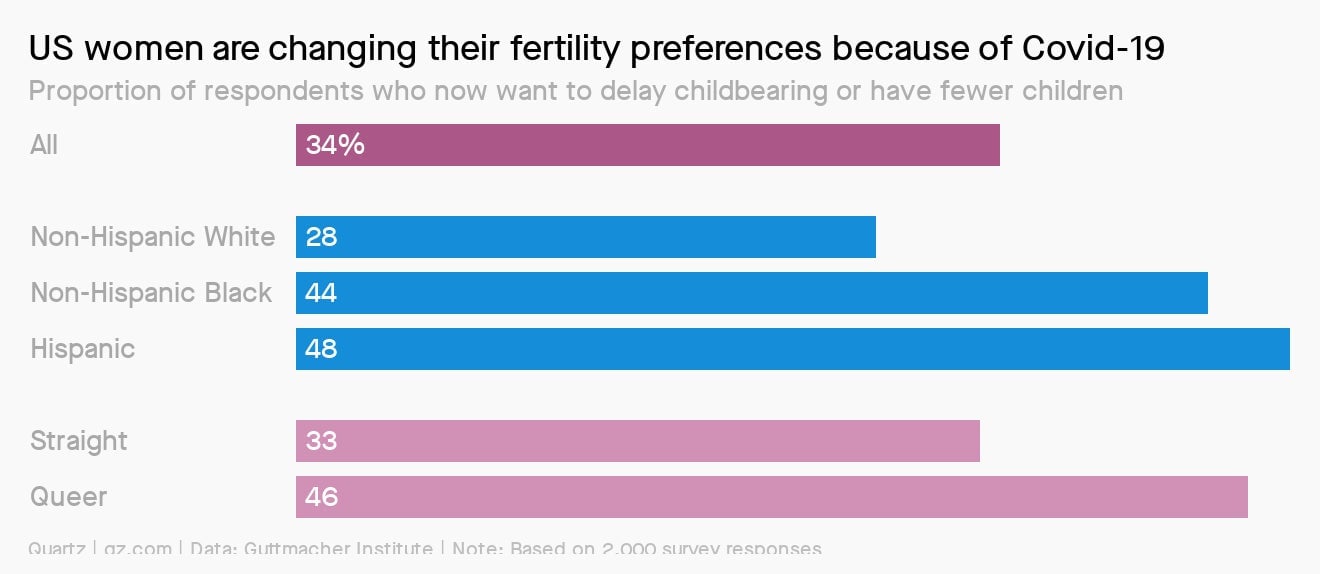Charlie Hebdo, Venice film festival, rogue jetpacks
Good morning, Quartz readers!

Good morning, Quartz readers!
Here’s what you need to know
The trial for the Charlie Hebdo attack begins. Fourteen suspects face charges related to the 12 murders at the satirical newspaper’s Paris headquarters in 2015, as well as subsequent deadly attacks on police officers and a kosher supermarket. Yesterday, Charlie Hebdo reprinted the cartoons of the Prophet Muhammad that sparked the attacks.
Russia-linked accounts on Facebook sent users to a fake left-wing news outlet. The tech giant said the accounts undermined the Democratic Harris-Biden ticket. Twitter also removed Kremlin-linked election interference operations. Meanwhile, India is holding a hearing into how Facebook moderates content after revelations that its approach appears to favor the ruling nationalist party.
Australia had its first recession in 30 years. The country saw its GDP contract by 7% for the quarter ended in June, its second consecutive quarterly contraction.
The Venice Film Festival kicks off IRL. The film industry is hoping for a fresh start from the first major global in-person gathering since the pandemic. Expect red-carpet fashion to feature luxury masks.
Obsession interlude: Future of Finance
“The American businessperson can always return home to America,” said Carson Block, a well-known short seller who made his name betting against Chinese companies.
That’s also what the founder of hedge fund Muddy Waters said when Quartz asked him about Hong Kong’s future as a financial center. The former British colony has long been a haven for international financiers. A key question is whether that will shift following the passing of Beijing’s national security law, which criminalizes subversion of China’s authority.
For now, bankers and lawyers from the US and Europe don’t seem too fussed about the law, even though violations carry penalties including lifetime imprisonment. But that attitude could change quickly if a Western professional gets arrested for saying or tweeting something considered subversive.
In the meantime, Block says it’s clear what the law means for native Hong Kongers: “These are people who just got their liberties absolutely snatched away from them in one stroke. They are much worse off.”
Keep tabs on our Future of Finance obsession here.
Charting coronavirus childbirths
Jobs are scarce, huge sections of the economy are shut down, and a deadly virus continues to spread around the world. Faced with these decidedly un-family-friendly conditions, American women are reconsidering their plans to have children.

About one-third of US women have decided to have fewer children or delay pregnancy because of coronavirus, according to a survey of more than 2,000 women. Those decisions follow a consistent pattern in US history: During times of economic stress, the birth rate drops. These changes of plan are also significantly more common among minority groups and the economically vulnerable.
For a calm, rational, even curious approach to the pandemic, sign up for the Coronavirus: Need to Know email below:
What’s Popping?

Wouldn’t it be nice to know if we are heading for a bubble before it pops?
The feedback loop between financial markets and bubbles is fiendishly difficult to unravel, which helps explain why the bookshelf of boom-and-bust literature gets heavier every year.
Our latest field guide lets you skip the history books, survey the current trading landscape, and unpack whether we’re headed for another financial bubble. We’ve assembled a list of the most influential and interesting writing, people, and research to keep you up to date: from the academic who coined the term “irrational exuberance” to a network of journalists covering global market structures.
✦ Stay ahead of the curve and outside the bubble with half off the first year of your Quartz membership. Simply sign up with promo code: SUMMERSALE.
Welcome to Green Haven

As climate change displaces people from their homes, cities are preparing for an influx of new residents. Quartz’s special project Welcome to Green Haven examines how governments and thinkers are anticipating mass migration’s effects on society, and planning to make our new climate havens more sustainable:
- 🏙 Climate-related displacement will eventually amount to one of the largest mass migrations in human history. Here’s how cities can prepare.
- 🚚 Fifteen years after Hurricane Katrina, a growing number of people in coastal Louisiana are migrating to higher ground.
- 🗺 In Miami, a city threatened by tropical storms, sea level rise, and heavy rainfall, city planners are creating a highly detailed map to help decide which neighborhoods get saved.
- 🔮 What might a climate haven look like? Take a visit to the fictional city of Leeside.
Surprising discoveries
Sip another joint? These rolling papers can be turned into disposable straws.
This Belgian city’s got heart. More specifically, the heart of its first mayor, unearthed from the public fountain where it was entombed.
Gather ‘round the smartphone tree. Chicago-area Amazon drivers are stringing up their phones to beat out competitors for delivery jobs.
There was a George Jetson sighting at LAX. Not really, but pilots reported seeing a person in a jetpack as they were preparing to land.
“Singing” dogs still exist in the wild. DNA evidence confirmed the first sightings of the New Guinea dogs, whose howls sound like whale songs, in 50 years.
Our best wishes for a productive day. Please send any news, comments, buried organs, and canine tunes to [email protected]. Get the most out of Quartz by downloading our app on iOS and becoming a member. Today’s Daily Brief was brought to you by Jane Li, Tripti Lahiri, Isabella Steger, Liz Webber, and Max Lockie.